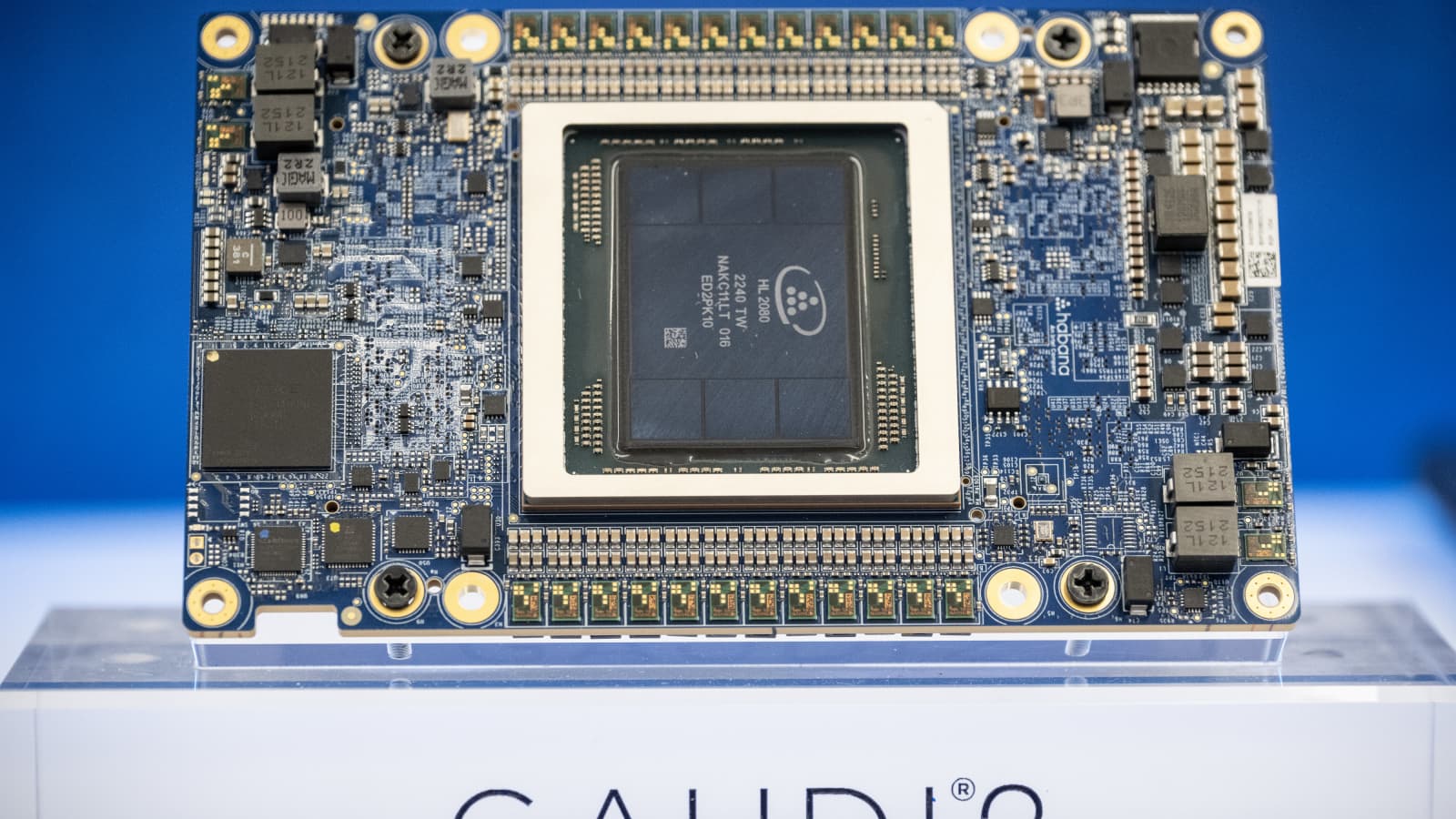Intel has disclosed its strategy to enter the automotive semiconductor market by introducing automotive versions of its latest artificial intelligence (AI)-enabled chips, intensifying competition with Qualcomm and Nvidia. The company is set to acquire Silicon Mobility, a French startup renowned for its system-on-a-chip technology and software for electric vehicle motor control and onboard charging systems. The acquisition cost for Silicon Mobility, controlled by venture funds Cipio Partners and Capital-E, was not disclosed. Chinese automaker Zeekr is slated to be the first to utilize Intel’s AI system-on-a-chip to enhance in-vehicle experiences with features like AI voice assistants and video conferencing.

This foray into the automotive sector marks Intel’s ambition to capitalize on the growing demand for powerful semiconductors needed for automated driving technology, upgradeable vehicle system software, and intricate dashboard displays. Despite Intel having supplied chips for infotainment systems in 50 million vehicles, it has faced stiff competition from Nvidia and Qualcomm in this sector. Intel intends to differentiate itself by offering chips that can be used across a range of vehicles, from budget to premium models, criticizing Nvidia’s powerful yet expensive products.
The newly introduced automotive system-on-a-chip products from Intel will leverage the AI PC technology recently launched by the company, adapting it to meet the durability and performance criteria for automotive applications. This move is anticipated to allow Intel to be more competitive in the automotive semiconductor space, especially in the rapidly growing electric vehicle market in China, where manufacturers are keen on providing advanced infotainment systems and automated driving features.
Jack Weast, Intel’s automotive business chief, highlighted the company’s aim to address communication gaps and differentiate itself by offering scalable solutions. Intel’s strategy involves enabling automakers to use their chips across various vehicle models, ensuring cost-effectiveness. Unlike Nvidia, Intel does not impose the use of specific advanced driving chips and allows automakers to integrate their own chiplets into the Intel system. The company aims to be technology-agnostic, providing flexibility to automakers in choosing the technology they want to use for automated driving or other functions.
By acquiring Silicon Mobility and introducing automotive-specific AI-enabled chips, Intel is positioning itself to play a significant role in the evolving automotive semiconductor landscape. The move aligns with the broader industry trend of integrating advanced technologies into vehicles, ranging from infotainment systems to automated driving capabilities. As electric vehicles become more prevalent, semiconductor companies are vying for market share by offering solutions that cater to the diverse needs of automakers and contribute to the development of smarter and more connected vehicles. The acquisition of Silicon Mobility further underscores Intel’s commitment to strengthening its position in the automotive sector and capitalizing on the transformative trends shaping the future of mobility.



